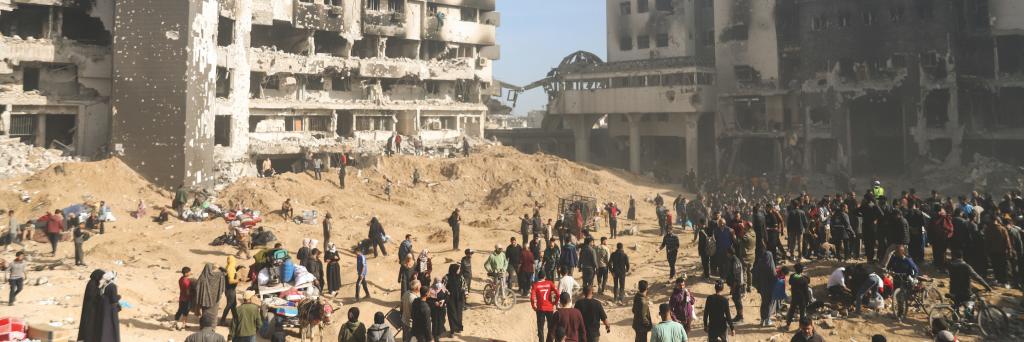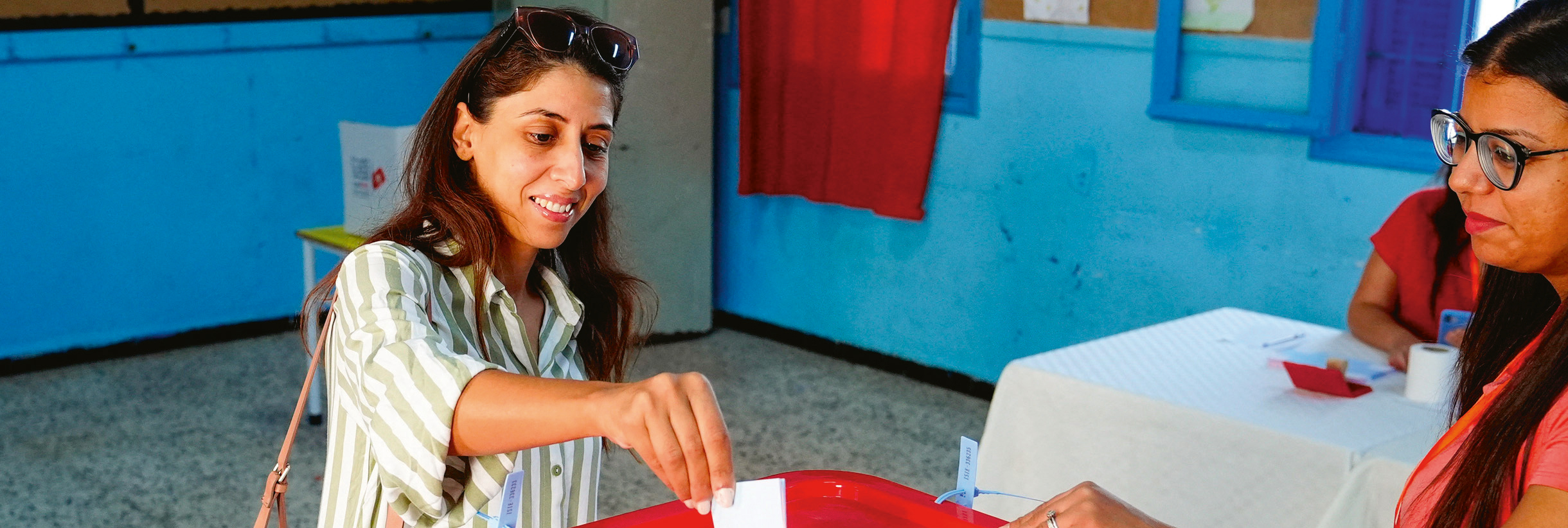The Geneva Conventions are being violated as you read this. There is ongoing murder, torture, and sexual violence against those who ought to be protected, and bombardment of establishments that must be respected. We see repeated failures to respect schools and hospitals with devastating effects. The origins of the Geneva Conventions in 1864 lie in the idea that medical workers should be immune from attack and available to treat the wounded from all sides. Yet this very foundational idea is being shredded. Doctors and humanitarian workers are constantly under attack, humanitarian relief assistance is blocked, and the International Committee of the Red Cross continues to be denied access to many of those in detention.
The immediate and long-term effects of destroying medical facilities are devastating, not just for the sick and wounded killed, but for all those subsequently denied access to health care or prevented from working to stop the spread of diseases like cholera, hepatitis, and polio. These knock-on effects are being referred to in the literature as “reverberating effects”. This concept captures not only the physical widespread effects of a blast, but also the consequences of bombardment for essential supplies of electricity, water, food, medical assistance, and the prevention and treatment of diseases.
Of course when Security Council members visited Geneva this August, we were reminded that the Council has a special responsibility for the maintenance of peace and security. The representatives who make up the Council are often the last hope for millions of civilians being subjected to daily violations of the Geneva Conventions. Along with this special responsibility come special powers: the Council can demand a legally binding ceasefire; the Council can refer a situation to the Prosecutor of the International Criminal Court (ICC); the Council can impose a legally binding arms embargo.
Weapons, missiles, and ammunition not only directly kill people, they also facilitate the blockades and sieges that can lead to the denial of objects essential for the survival of the civilian population, even to starvation, or to conditions of life leading to the destruction of a people in whole or in part.
Today, politics often gets in the way, but the humanitarian message has to transcend that sort of politics. In fact, restricting arms is not the exclusive job of the Security Council. In the last few months, judges and governments have begun to recognise that they have such an obligation to prevent arms being transferred from their states when there is a clear risk that they could be used to violate the Geneva Conventions.
Similarly, prosecuting war criminals is not the exclusive job of the ICC. As a party to the Conventions, every single state in the world has a duty to prosecute grave breaches under the Geneva Conventions. This means searching for those alleged to have committed grave breaches and bringing them either before its own courts or handing them over to another court “regardless of their nationality”.
It would be a great step forward for humanity if diplomats from around the world were infused with a bit of the “Spirit of Geneva”. L’esprit de Genève (1929) is an essay by Robert de Traz which builds on Calvin, Dunant, and Rousseau and elaborates a mission to care for the oppressed and protect the dignity of every human being. Jean-Jacques Rousseau in his Discourse on Inequality (1755), dedicated to the Republic of Geneva, referred to a principle which he said should temper the ferocity of individual pride and desire for self-preservation, suggesting that as human beings we have “an innate repugnance against seeing a fellow creature suffer”.
This article was published in Globe #34, the Graduate Institute Review.





